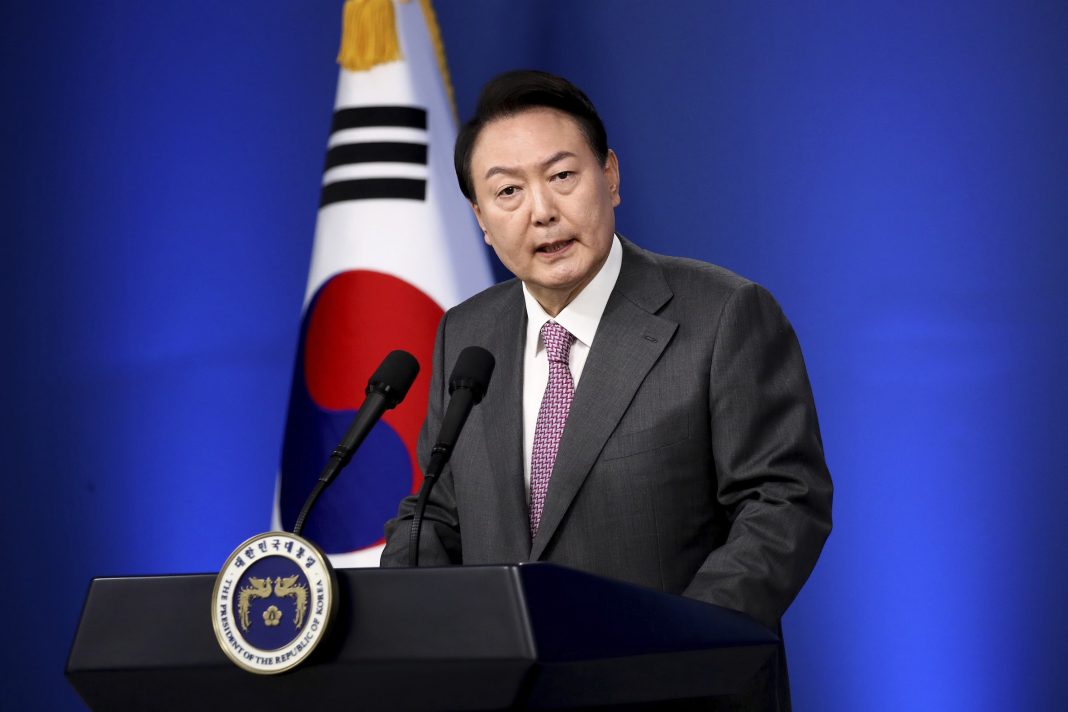SEOUL, South Korea — South Korea’s intelligence agency reported on Friday, October 18, 2024, that North Korea has begun dispatching troops to Russia to support its ongoing war against Ukraine, raising international alarm.
If verified, this would mark the first instance of a third nation officially entering the conflict, significantly escalating tensions between North Korea and the West.
The announcement from South Korea’s National Intelligence Service (NIS) came just one day after Ukrainian President Volodymyr Zelenskyy disclosed that Ukrainian intelligence had uncovered plans to send 10,000 North Korean soldiers to the front lines.
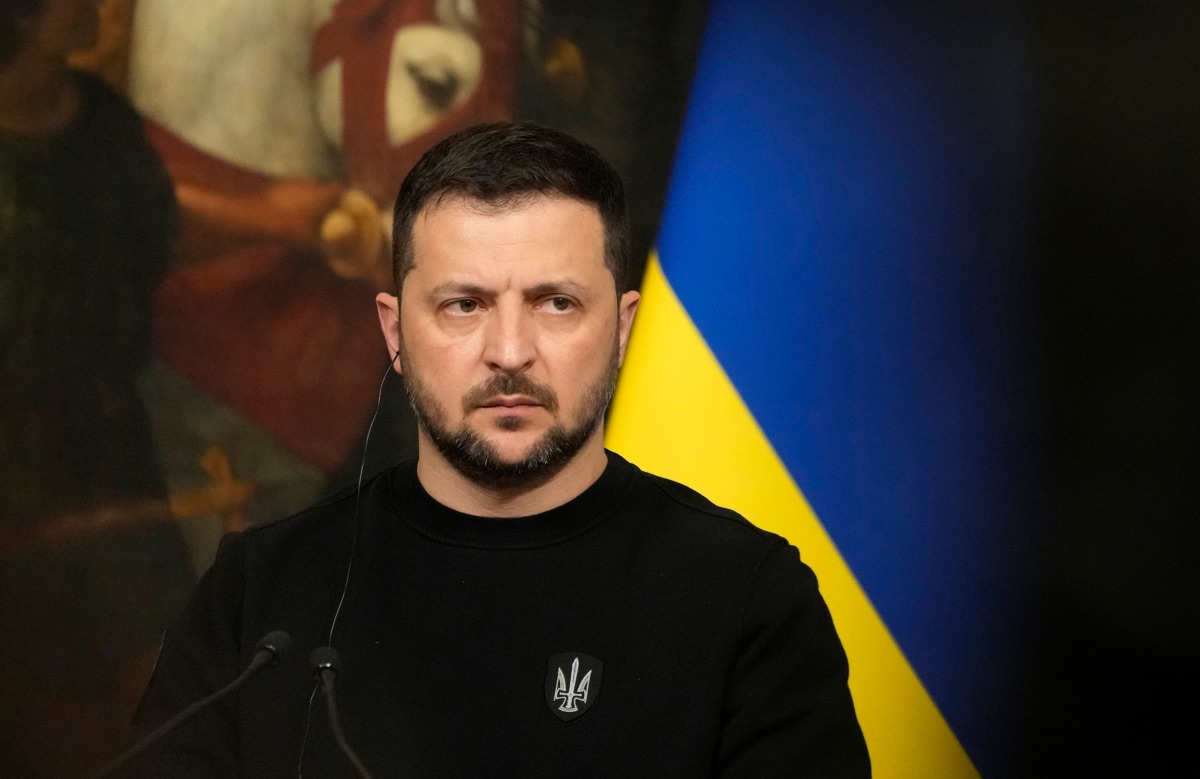
“They are preparing on their land 10,000 soldiers, but they didn’t move them already to Ukraine or to Russia,” Zelenskyy said during a press conference at NATO headquarters in Brussels.
The NIS claims that from October 8 to October 13, Russian naval vessels transferred 1,500 North Korean special operation forces from the port of Rajin in North Korea to Vladivostok in eastern Russia.
According to the agency, these troops were outfitted with Russian military uniforms, weapons, and forged identification documents.
They are believed to be undergoing training at various Russian military bases in Vladivostok, Ussuriysk, Khabarovsk, and Blagoveshchensk before deployment to combat zones.
While South Korean media has reported that North Korea plans to send a total of 12,000 soldiers across four brigades, the NIS has not confirmed these specific details.
The intelligence agency did, however, post satellite images online purportedly showing Russian naval activities and large gatherings of North Korean troops at Russian military facilities.
If true, the development would mark North Korea’s most significant participation in an overseas conflict since the Korean War (1950–1953), further complicating the already volatile geopolitical landscape in Northeast Asia and beyond.
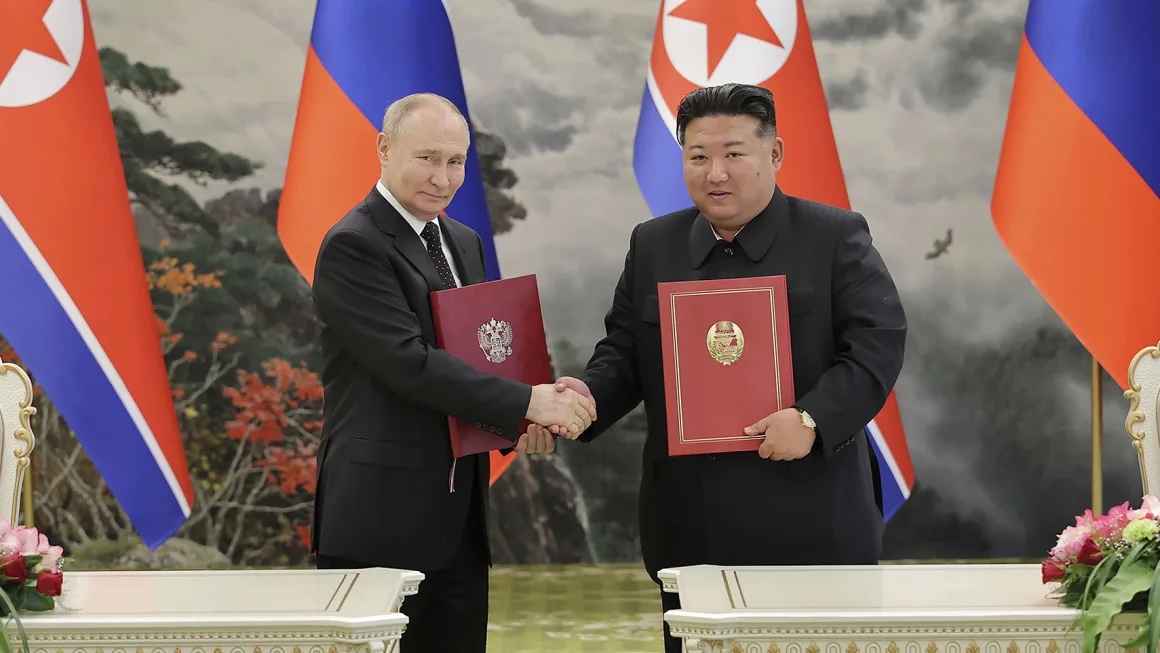
Global Reactions and Warnings
NATO Secretary-General Mark Rutte expressed caution regarding the reports, stating, “At this moment, our official position is that we cannot confirm reports that North Koreans are actively now as soldiers engaged in the war effort, but that may change.”
Similarly, U.S. officials have not corroborated the claims.
Pentagon Press Secretary Maj. Gen. Pat Ryder said Thursday that the U.S. is closely monitoring the situation but has not yet confirmed North Korean troop involvement.
Russia, which has vehemently denied previous claims of using North Korean military personnel, dismissed the latest reports as “another piece of fake news.”
Kremlin spokesperson Dmitry Peskov labeled the allegations during a news conference last week as “propaganda” designed to further isolate Russia on the global stage.
North Korean state media has yet to comment on the issue.
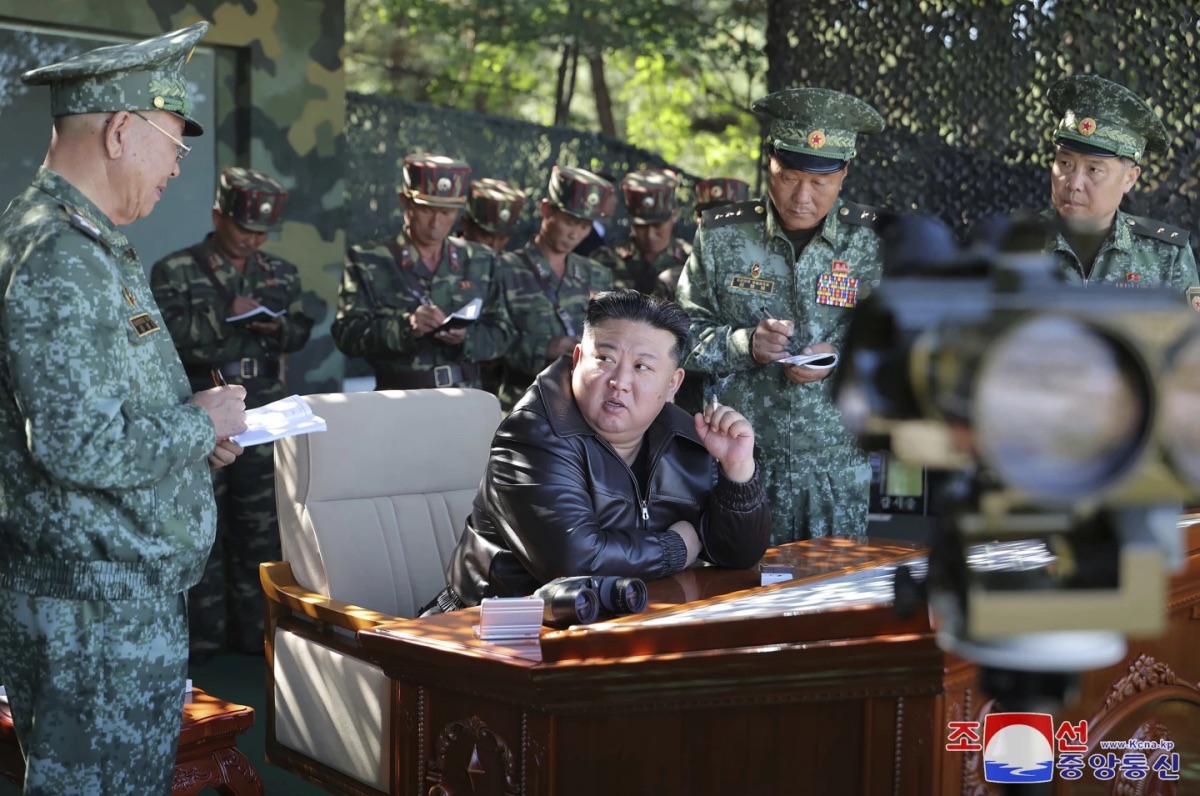
North Korea’s Calculated Risk
North Korea and Russia have deepened their strategic partnership over the past two years, both locked in separate confrontations with the West.
The U.S., South Korea, and their allies have long suspected that Pyongyang has been supplying arms to Moscow in exchange for economic aid and military technology, including artillery shells, missiles, and other conventional weapons.
In June, North Korean leader Kim Jong Un and Russian President Vladimir Putin formalized their military cooperation by signing a pact committing to mutual defense in the event of an external attack.
Many experts question how much North Korean troops could influence the war’s outcome, given the North’s antiquated military equipment and lack of recent combat experience.
However, the possibility of advanced Russian weapons technology being transferred to North Korea has alarmed both Seoul and Washington.
“Diplomatically, Pyongyang would be sacrificing its relations with European countries for the foreseeable future,” said Leif-Eric Easley, a professor at Ewha Womans University in Seoul.
“The quid pro quo in terms of Russian military technology provided to the Kim regime could be significant enough to threaten South Korea’s security.”
Easley added that North Korea likely sees this as an opportunity to expose its soldiers to modern combat tactics and technology while bolstering its deterrence capabilities.
Analysts believe that North Korea may have secured Russian promises of technology transfers related to intercontinental ballistic missiles, nuclear-powered submarines, and advanced surface-to-air defense systems.
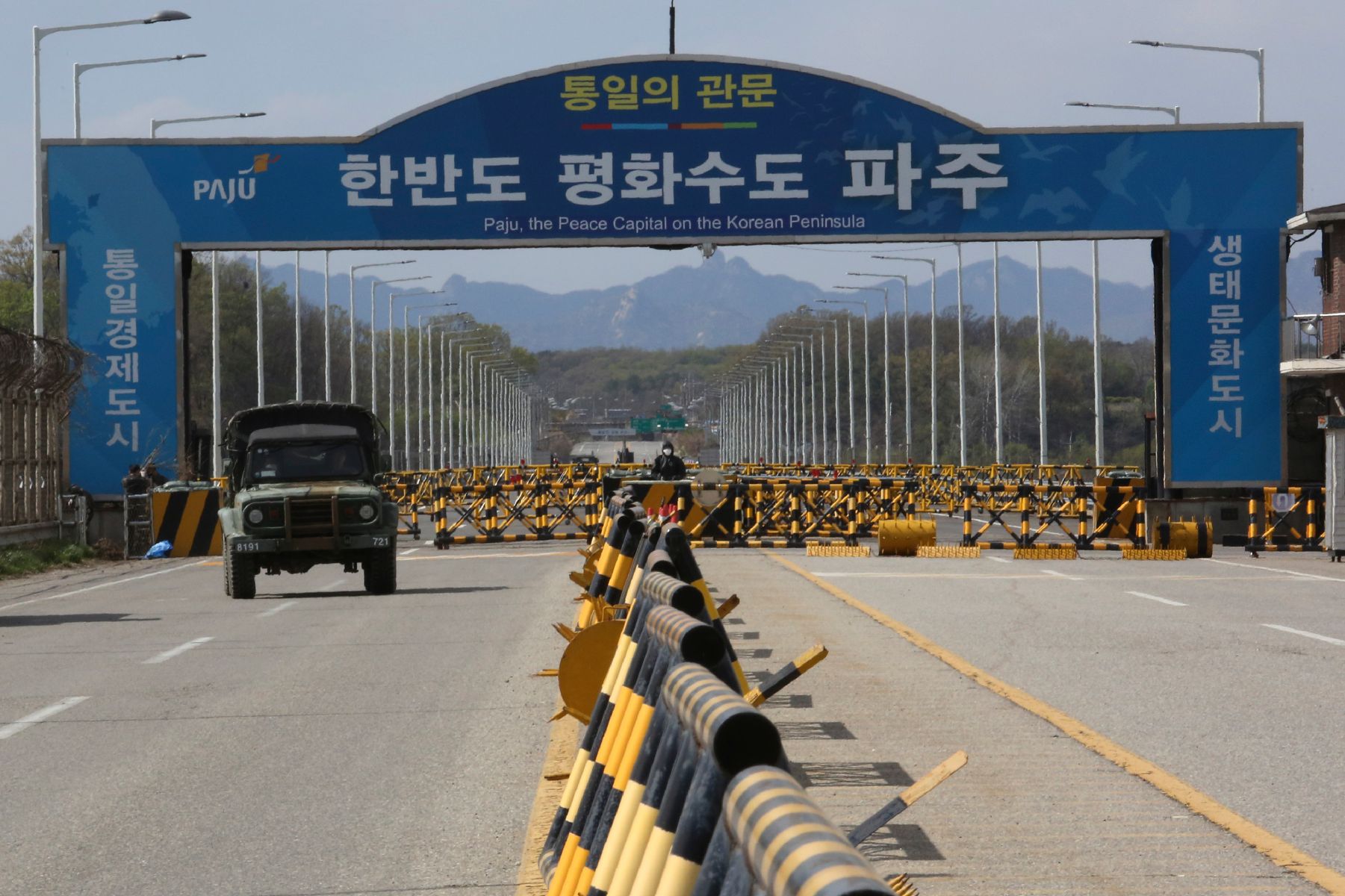
Rising Tensions in the Region
In response to the alleged troop deployment, South Korean President Yoon Suk Yeol convened an emergency security meeting early Friday to address the potential security threat.
“North Korea’s troop dispatch poses a grave security threat to South Korea and the international community,” Yoon’s office said in a statement following the meeting.
The Korean Peninsula has seen heightened tensions in recent years, with North Korea ramping up missile tests and openly threatening to use nuclear weapons preemptively.
In turn, South Korea and the U.S. have expanded joint military exercises, which Pyongyang views as invasion rehearsals.
Amid the growing international response, Zelenskyy warned that North Korea’s involvement could trigger broader global conflict.
“A third nation wading into the hostilities could turn the conflict into a world war,” he said on Thursday.
While skepticism remains about the extent of North Korea’s participation in the war, the geopolitical ramifications are undeniable.
Analysts speculate that North Korea might also send military engineers and technicians to assist Russia in using and maintaining its weaponry, further deepening its involvement in the conflict.
For now, the world watches as the situation develops, with both Ukraine and its Western allies remaining vigilant about the possibility of a new and dangerous chapter in the ongoing war.

